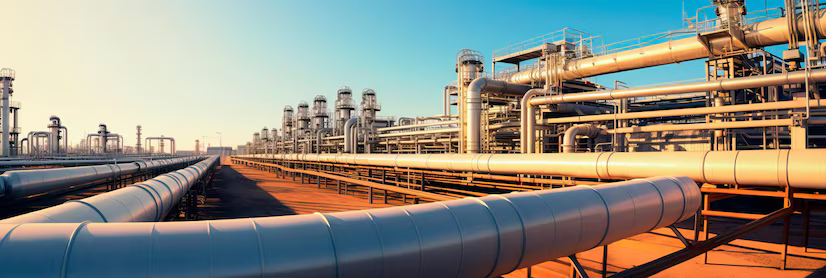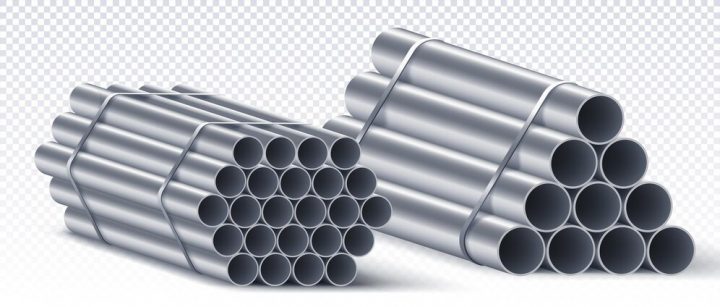Introduction:
In industries ranging from oil and gas to manufacturing and water treatment, valves are indispensable components that regulate fluid flow and control processes. As a critical aspect of any system, selecting the right valve manufacturer is paramount for ensuring operational efficiency, reliability, and safety. In India, a burgeoning hub for industrial manufacturing, numerous valve manufacturers compete for attention. To aid buyers in navigating this complex landscape, we present a comprehensive guide outlining key factors to consider when choosing the best valves manufacturer in India.
Understanding Your Requirements:
Before embarking on the quest to find the ideal valve manufacturer, it’s essential to gain a clear understanding of your requirements. Evaluate factors such as the type of fluid being handled, operating conditions (pressure, temperature, and flow rates), system compatibility, and regulatory standards. Additionally, consider any specific features or certifications required for your application, such as API, ASME, or ISO standards.
Quality Assurance and Certifications:
Quality assurance is non-negotiable when it comes to valves, as any malfunction can have severe consequences. Look for manufacturers with robust quality management systems and certifications such as ISO 9001:2015, API Q1, and CE marking. These certifications indicate adherence to stringent quality standards and best practices in design, manufacturing, and testing processes.
Product Range and Specialization:
Valves come in a myriad of types, sizes, and materials to suit diverse applications. A reputable manufacturer should offer a comprehensive product range encompassing gate valves, globe valves, ball valves, butterfly valves, check valves, and more. Additionally, inquire about the manufacturer’s specialization and expertise in specific industries or applications, such as oil and gas, petrochemicals, power generation, or water treatment.
Manufacturing Capabilities and Facilities:
The manufacturing capabilities and facilities of a valves manufacturer directly impact product quality, lead times, and customization options. Assess the manufacturer’s production capacity, machining capabilities, material sourcing practices, and adherence to industry standards. State-of-the-art machinery, advanced testing facilities, and skilled workforce are indicative of a manufacturer’s commitment to quality and innovation.
Material Selection and Traceability:
Valve performance is heavily influenced by the materials used in construction. Ensure that the manufacturer offers a wide selection of materials, including carbon steel, stainless steel, alloy steel, and exotic alloys, to suit your application requirements. Moreover, emphasizes the importance of material traceability and documentation, which is critical for maintaining product integrity, compliance, and reliability.
Technical Support and After-Sales Service:
Choosing a valve manufacturer is not just about the products; it’s also about the support and service they provide throughout the lifecycle of your project. Look for manufacturers who offer comprehensive technical support, including assistance with valve selection, sizing, installation, and maintenance. Additionally, inquire about the availability of spare parts, repair services, and warranty coverage to ensure long-term reliability and peace of mind.
Supply Chain Reliability and Lead Times:
In today’s globalized economy, supply chain reliability and lead times are critical considerations for any procurement decision. Evaluate the manufacturer’s supply chain network, material sourcing practices, and inventory management systems to mitigate the risk of delays or disruptions. Clear communication regarding lead times, order fulfillment processes, and contingency plans are essential for effective project planning and execution.
Reputation and References:
A manufacturer’s reputation and track record speak volumes about its reliability and credibility. Seek feedback from industry peers, review customer testimonials, and request references from the manufacturer to gauge their performance and customer satisfaction levels. A proven track record of delivering quality products, meeting project deadlines, and providing exceptional customer service is indicative of a manufacturer’s commitment to excellence.
Cost and Value Proposition:
While cost is an important factor, it should not be the sole determinant in the decision-making process. Consider the overall value proposition offered by the manufacturer, including product quality, technical expertise, service capabilities, and long-term support. A manufacturer that offers competitive pricing without compromising on quality or service is likely to provide the best value for your investment.
Conclusion:
Selecting the best valve manufacturer in India requires careful consideration of various factors, including quality assurance, product range, manufacturing capabilities, material selection, technical support, supply chain reliability, reputation, and cost-effectiveness. By prioritizing these factors and conducting thorough due diligence, buyers can identify a trusted partner capable of meeting their specific requirements and contributing to the success of their projects. Remember, choosing the right valve manufacturer and supplier in India is not just about buying products; it’s about building a strategic partnership based on trust, reliability, and mutual success.



